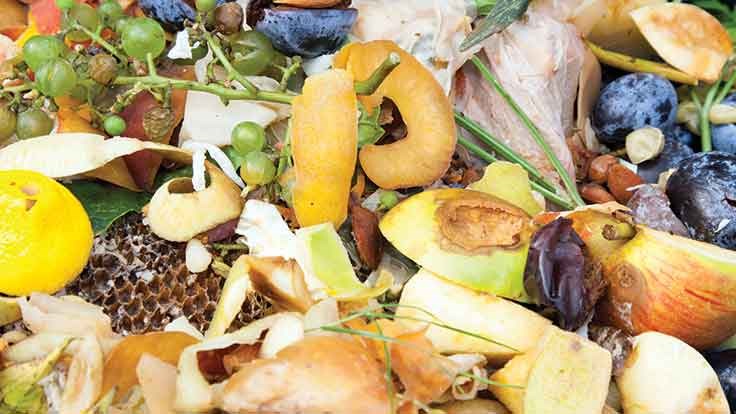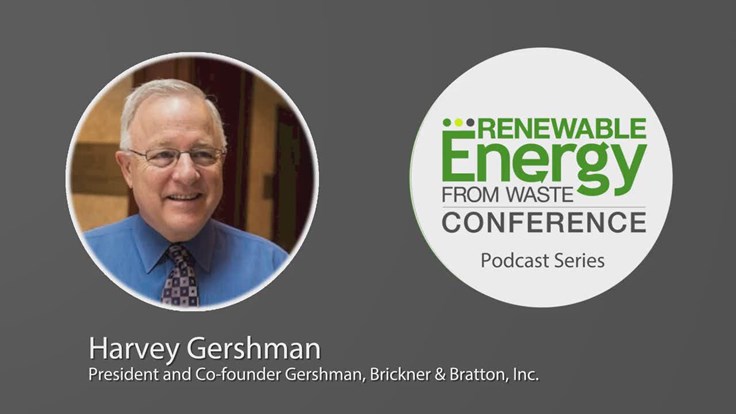A bill to decrease food waste and build more waste-to-energy facilities in the state of New Jersey was passed by the Senate Environment and Energy Committee, a report by NJ.com says.
The bill, known as S-771, would encourage large generators of organic waste, such as local supermarkets, restaurants or catering halls, to separate the organic materials for use in a waste-to-energy facility or to be composted, the report says. Those who are required to recycle their organic waste must generate a volume of more than 104 tons per years and are within 25 miles of an authorized recycling facility.
New Jersey has spent about $3 million last year to promote biomass energy, the report says, in order to reduce greenhouse gas emissions and dependence on fossil fuels to improve air quality. According to the report, a study by Rutgers University’s Agricultural Experimental Station suggested that the state was not using its biomass-derived potential energy.
"This is an intelligent alternative to improve our environment,'' Sen. Bob Smith (D-Middlesex), the sponsor of the bill, told NJ.com. "We have a problem with waste in this country, and recycling solid waste is a viable system that will produce energy to provide to our homes, schools and businesses.''
Similar laws have been adopted in state like Connecticut and Massachusetts, as well as large cities, such as New York City, the report says.




